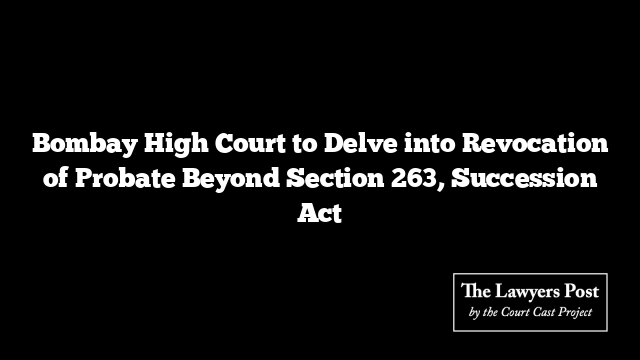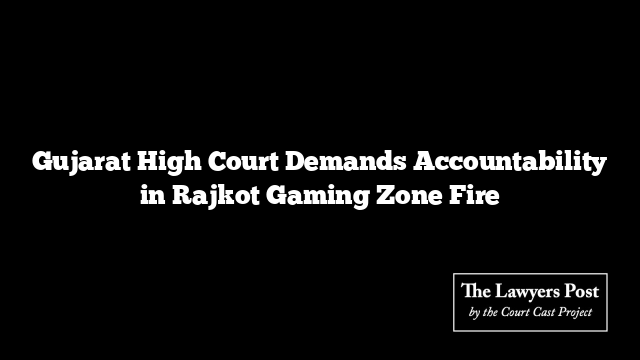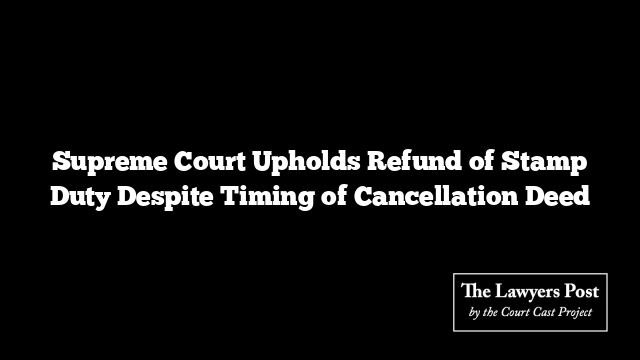In a significant legal development, the Bombay High Court has referred to a larger Bench the issue of whether the grounds for revoking probate under Section 263 of the Indian Succession Act, 1925 are exhaustive. This decision arose from a dispute over a granted probate that the testator’s brother sought to revoke, citing potential defects.
Justice Manish Pitale, in his June 10 order, outlined key questions for the larger Bench to consider:
- Are explanations (a) to (e) of Section 263 exhaustive or merely illustrative regarding “just cause” for revoking probate or Letters of Administration?
- Can circumstances not specified in these explanations still constitute “just cause” for revocation?
- Do previous judgments correctly interpret the law on this matter?
The case involved a respondent who obtained probate for the will of Rajesh Chowdhary, who died in July 2020. The probate was granted following a petition filed in December 2020. Chowdhary’s brother, the petitioner, had initially filed a caveat which was dismissed due to procedural lapses, allowing the respondent to secure the probate in November 2023.
The petitioner challenged this probate, arguing it was defective since the will was signed under suspicious circumstances in Ecuador and witnessed only after being brought to India. He also claimed procedural negligence should not penalize him.
The respondent contended that the grounds for revocation must align strictly with Section 263, arguing these provisions are exhaustive. Citing various precedents, the respondent maintained that the High Court could not revoke the probate since the petitioner’s grounds were not covered under Section 263.
Conversely, the petitioner referenced judgments from the Madras High Court and the Supreme Court, which suggested that the explanations in Section 263 are illustrative, not exhaustive.
Justice Pitale highlighted that the current Succession Act uses “just cause shall be deemed to exist where…” instead of the previous Act’s “just cause is…”, indicating a broader interpretation. After reviewing relevant judgments, he sided with the Madras High Court and Supreme Court’s view, asserting that the explanations are illustrative.
Due to his disagreement with other single-judge Bench rulings, Justice Pitale referred the matter to a larger Bench for authoritative resolution. He stayed the probate’s effect until the petition is resolved.
The petitioner was represented by Advocate Yashvi Panchal, while Advocates Sonal, Rohit Gupta, Kinnar Shah, and V Bhatt, briefed by Divya Shah Associates, represented the respondent.





